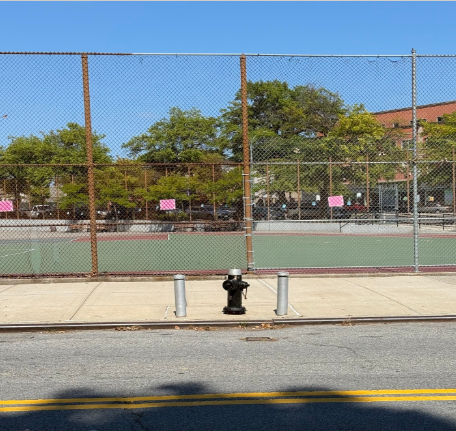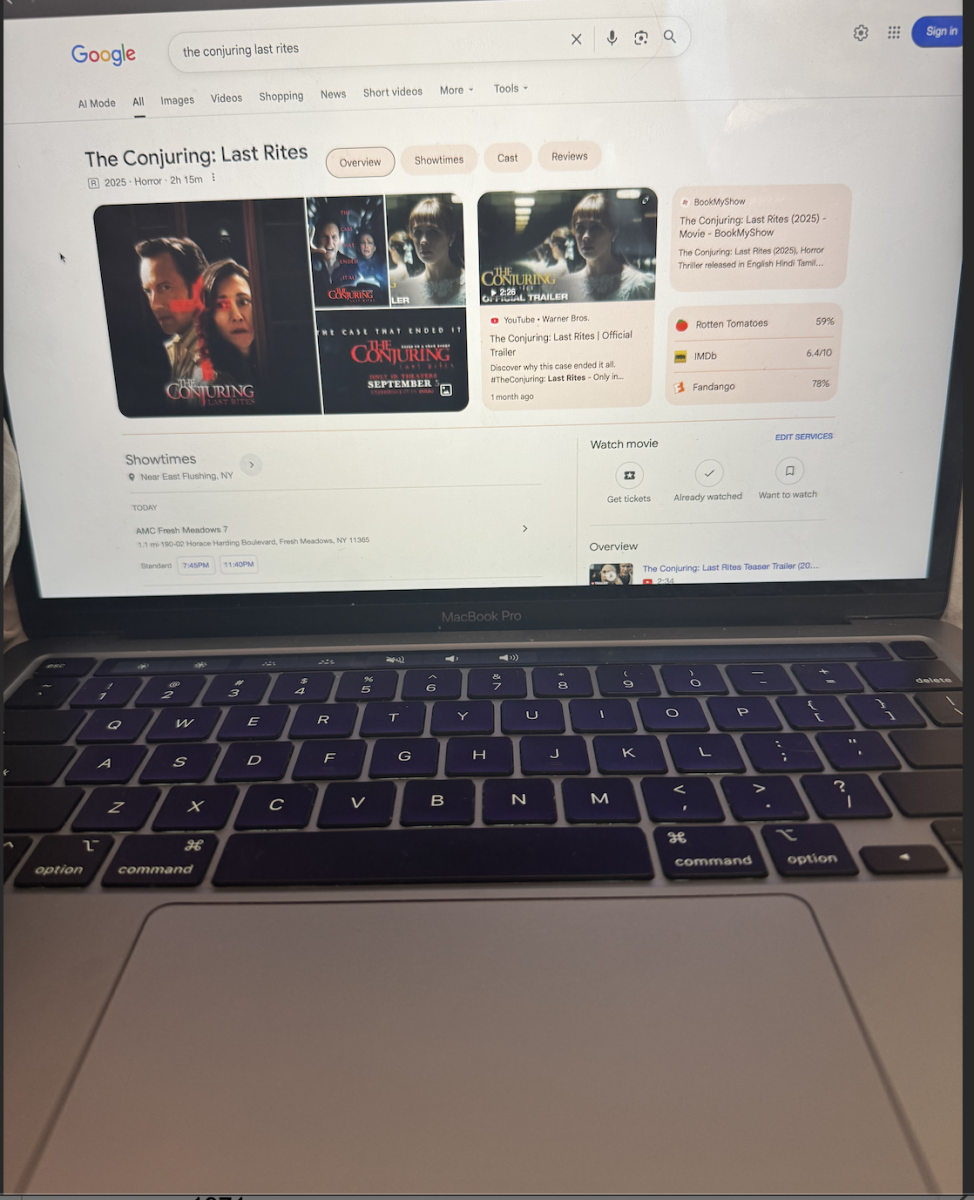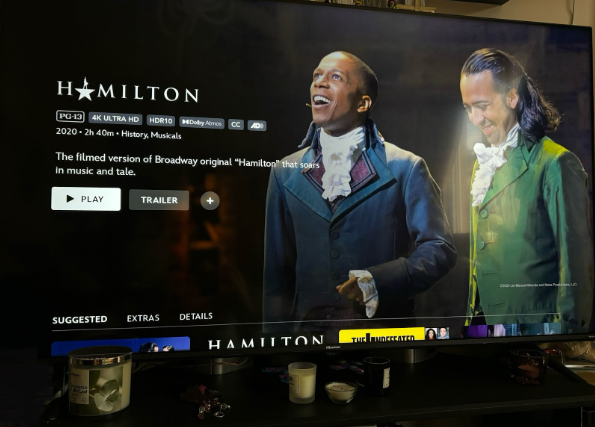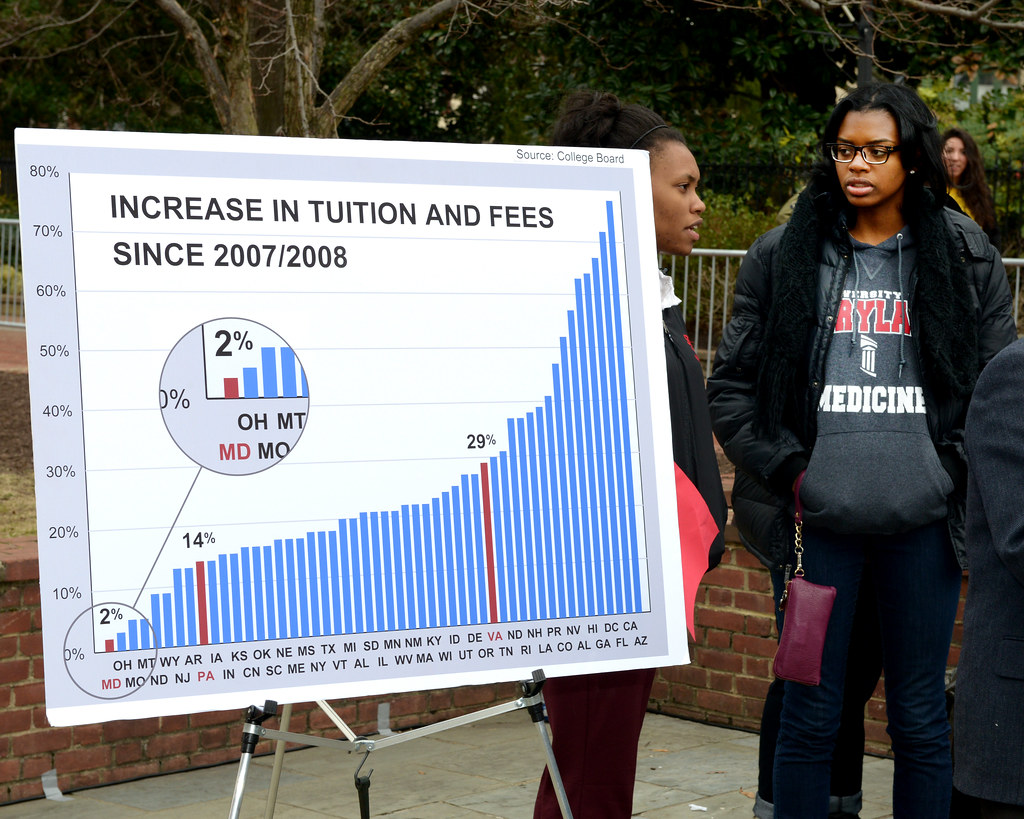Last week, 50 people died in cold blood. An Australian man entered a Mosque in New Zealand and killed 50 people who were praying. I would ask you to imagine a world wherein not even houses of worship are safe, but you don’t have to. Over two years ago, someone killed 26 in a Texan Church. Under five months ago, someone killed 11 in a Pennsylvanian synagogue.
What sets this attack apart is how modern it is. The shooter was radicalized on Twitter, on message boards such as 4Chan and 8Chan. He wrote a depraved and rambling manifesto of almost 80 pages. It requires one to understand deep internet culture. The layman would find himself confused about what Fortnite has to do with the death of 50. Who 20th Century British Fascist Oswald Mosley is would also confuse the layman. Finally, he live streamed his act to viewers. Some saw it as funny ruse or as a well-deserved revolt against Muslims. His livestream had him playing a song popular on the remove message boards. It advocated the death of Muslims in the Yugoslav Wars of the 90s. As he killed people, he uttered the popular meme, “Subscribe to PewDiePie.”
This attack is a perfect expose of being “extremely online.” A phrase like this evokes befuddled newscasters talking about new technology. However, it’s a real thing. To be “extremely online” is to understand this deep Internet culture. It is to be more interested in this culture than in real life. If you make references from Twitter socialists or mock Ben Shapiro, you may be “extremely online.”
There’s nothing wrong with immersing yourself with the rich and diverse communities of the Internet. Yet, they can lend themselves to toxic echo chambers. In these groups, small groups of people get radicalized. In the same way disenfranchised Muslim men joined ISIL, disenfranchised white men have called for genocide while making obscure memes about conspiracy theorist Mike Cernovich.
Online communities provide a sense of security, and affirm these beliefs. We forget someone is in need of serious psychiatric help. These boards tell him that his hatred is not maligned, but it is proper. Sometimes, this leads to the act of terrorism we’ve seen recently. When you and I see anonymous teenagers using slurs online, we’re disgusted. These men fall in, going from jokes to a realization of what they now believe.
To prevent these acts, we must act. I don’t see this as a gun problem, but a problem in how we’ve dealt with these men. The ideal time to have prevented someone from joining ISIL or killing 50 Muslims is not now. It was when these ideas seemed unfathomable in their minds. We must not give into their demands, but must not ignore them either. If this man, and many others, got serious help, they wouldn’t turn to cesspools on the Internet to soothe them. Society failed these men, and with no recourse, they failed society. These men are “losing their marbles” in a unique way we haven’t seen before, and we need a unique solution.
































